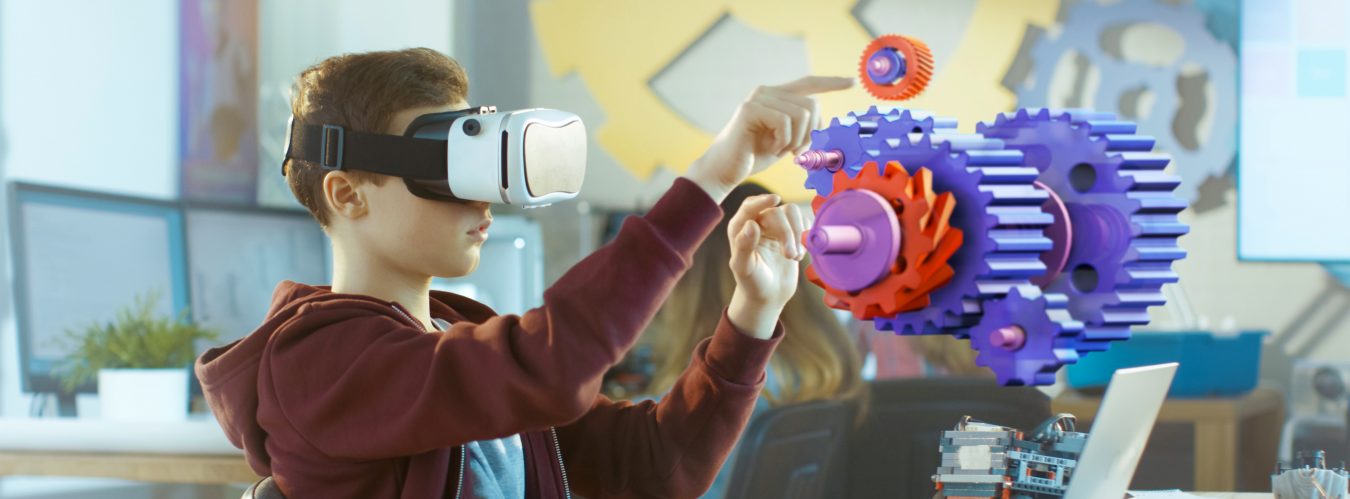With the recent announcement of the temporary closure of the University due to the COVID-19 outbreak, the Digital Learning team is now more focussed than ever on how we can support the delivery of effective online learning for both students and academics using the tools available on campus.
Having worked at the University for a period of time now, I have witnessed the decline of interactive content in favour of videos for learning. This may be due to the affordance video have over popular rapid eLearning authoring tools in terms of time, ease of use, hosting and connection with the audience.
Rapid eLearning authoring tools such as Articulate Storyline do involve a learning curve but with perseverance, more complex learning resources can be achieved. This type of resource is great for guided tasks involving complex equipment, procedures or case studies. The license for the software is expensive, so rather than attempt your own creations using a 30 day free trial, we recommend that you work with our team to create something bespoke for your course.
Why create an Interactive Virtual Lab?
The Interactive Virtual Lab has been in development for the past few months using Articulate Storyline. The request came from Prof. Goran Mashanovich, who, together with Sarah Fielding (Digital Learning) were able to put forward a solution to address the issue outlined below.
“The practical uses equipment that is not normally available to undergraduates and as such represents a unique learning experience. The student have a limited amount of time (3 hours) to complete the practical and work in pairs.
Prior to 2020, the preparation activity for the practical consisted of students reading a lab primer static document. The academic team has worked with Digital Learning to create a 5 minute video demonstration of the practical and also an interactive online simulation in Articulate Storyline.”
The main objective of this virtual lab was to acquaint students with the whole lab set up, so when they do get to spend valuable time in the lab, they are equipped with the essential foundations that will enable them to delve right into exploration rather than familiarisation.

The Virtual Lab is broken up into 5 small sections. Each section prepares the student with the necessary information to perform a standard silicon photonics measurement set up within a safe environment, whilst video extracts are embedded into the resource to reinforce and support learning.

The student works through the steps in a linear fashion as they would when setting up in the lab space. Instructions, with help buttons, are provided to guide and test them throughout the process.


The last step is a simple quiz to check the users’ understanding of their learning. The published Articulate Storyline file is hosted on Blackboard and for this reason, the quiz result from Step 6: Knowledge check can be stored on the Blackboard Grade Centre where the tutor is able to monitor the students’ activities.

Challenges and how we will test the effectiveness of this resource
There were challenges during the development of this resource as I wanted the online version to replicate the lab space as much as possible. Articulate Storyline was surprisingly accommodating when it came to producing what I wanted, albeit, a workaround for some scenarios.
The biggest challenge being how to simulate the movement of the X, Y and Z dials and correlating them with the movement of the fibre tip display on the monitor screen.

Although students will not be able to access the labs for this academic year during the COVID-19 pandemic, we will make the online resource available to students and ask them to evaluate it.
While the purpose of this blog was to showcase the Virtual Lab, we were hoping that this would be a good way to encourage academic staff to consider how their course content might be transformed using Articulate Storyline and to make some amazing interactive online content to support students during this difficult time of uncertainty.
We at Digital Learning are always seeking innovative methods to deliver effective teaching online. If you have course content that you think would benefit from the approach described here, we would love to hear from you.
Please contact us at digital-learning@soton.ac.uk.


